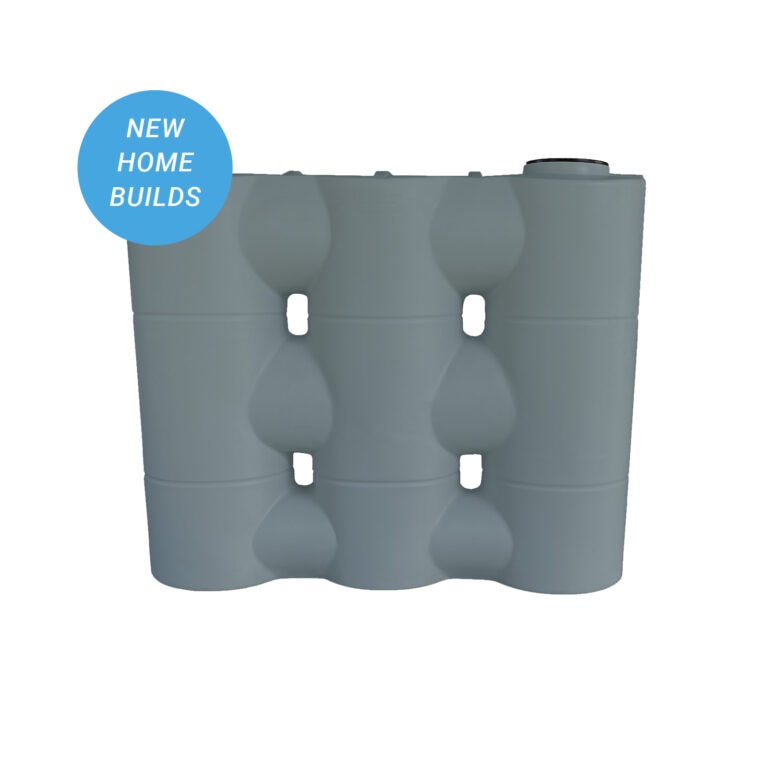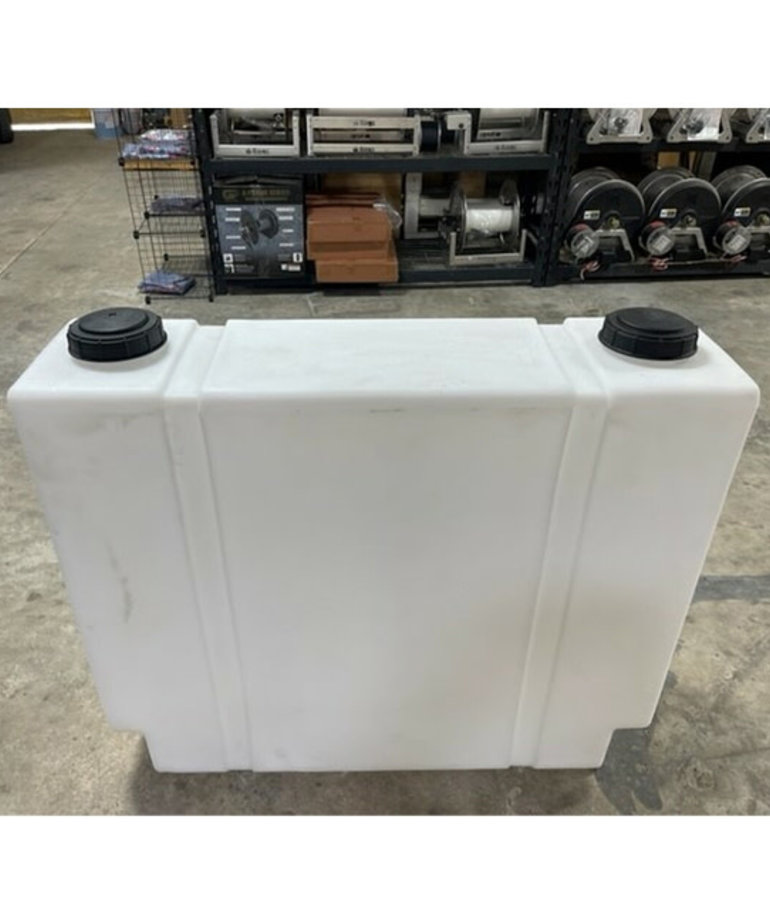Checking Out the Various Usages of Rainwater Tanks for Residential and Commercial Properties
As the international emphasis on lasting living practices remains to intensify, the usage of rainwater containers in both residential and business settings has become an important service. These storage tanks supply a storage tank for rainwater harvesting, offering a myriad of prospective applications that expand much beyond simple storage. From watering to bathroom flushing and landscape design, the flexibility of rain containers is substantial. Their assimilation into industrial properties opens up a world of opportunities for eco mindful businesses. The multifaceted usages of rain tanks present a compelling instance for their fostering, not just as a functional water-saving measure however likewise as a testimony to liable resource monitoring.
Benefits of Using Rainwater Tanks
Making use of rainwater tanks offers numerous advantages for both homes and neighborhoods in regards to water preservation and sustainability. Among the essential benefits of making use of rain containers is the substantial reduction in dependence on mains water system - Slimline water tanks. By catching and saving rainwater for later use, individuals and areas can reduce their demand for treated water, eventually alleviating the concern on water treatment facilities and decreasing energy usage connected with water transport and therapy
Moreover, rainwater gathering with storage tanks offers a trustworthy different water resource throughout times of water limitations or scarcities. This kept rainwater can be utilized for different non-potable objectives such as irrigation, purging bathrooms, and washing garments, decreasing the strain on typical water sources. Additionally, using rain tanks can cause cost savings for both households and areas by decreasing water expenses and decreasing the demand for expensive infrastructure expansions to meet expanding water needs.
Fundamentally, the application of rainwater storage tanks offers a sustainable and ecologically friendly strategy to water management, profiting both individual users and the broader area in regards to water preservation, cost-efficiency, and strength.
Rainwater Tank Use in Watering
Offered the benefits of rain containers in conserving water sources and lowering dependence on keys water supply, a considerable application depends on utilizing saved rain for watering purposes - Slimline water tanks. Rainwater collecting systems can effectively gather and store rainwater, offering a sustainable water source for watering yards, lawns, and agricultural areas. By utilizing rain for irrigation, residential property owners can minimize their dependancy on treated water resources, bring about cost financial savings and ecological benefits

One of the main benefits of utilizing rain for irrigation is its pureness. Rainwater is naturally soft and without the chemicals and additives often located in mains water, making it excellent for nourishing plants without the risk of hazardous results. Furthermore, rainwater goes to ambient temperature, which can benefit plant development by staying from this source clear of temperature level shocks that can accompany cold keys water.
Rain Containers for Bathroom Flushing

Applying rain containers for bathroom flushing is a cost-efficient and eco-friendly method that can be easily integrated right into both property and industrial residential properties. The kept rainwater can be used to flush commodes by connecting the storage tank to the existing pipes system. This straightforward yet reliable solution can significantly decrease water intake in a structure, specifically in areas where water deficiency is a concern.

Including Rainwater Tanks in Landscape Design
An efficient technique for enhancing sustainability in landscape design includes incorporating rain containers to maximize water usage and promote eco-friendly methods - Slimline water tanks. Integrating rain containers in landscaping uses many benefits for both great post to read residential and commercial homes. These tanks can capture and store rainwater runoff from roofings, which can after that be used for watering gardens, yards, and plants. By making use of rain for irrigation functions, property owners can lower their dependence on community water sources, leading to cost financial savings and conservation of precious water resources.
Along with offering a sustainable water source for landscape design needs, rainwater storage tanks can also help in taking care of stormwater drainage. By catching rain that would certainly otherwise stream right into storm drains, these containers can reduce disintegration, decrease flooding dangers, and stop air pollution of natural water bodies. Additionally, including rain tanks in landscape design can add to the general aesthetic allure of the property, showcasing a commitment to ecological stewardship.
Business Applications of Rainwater Storage Tanks
Utilizing rain storage tanks in industrial setups uses a sustainable service for water monitoring and conservation, profiting organizations and the atmosphere alike. Industrial applications of rainwater tanks vary and increasingly popular because of the expense financial savings and ecological benefits they offer. One essential commercial usage is for watering objectives, where gathered rain can be utilized to water landscaping, gardens, and agricultural fields surrounding commercial residential or commercial properties. This can cause substantial decreases in water bills and reliance on metropolitan water sources.
In addition, rain collected in containers can be dealt with and utilized for non-potable functions within commercial residential properties, such as flushing toilets, cleansing, and cooling systems. In general, the consolidation of rainwater tanks in industrial setups offers a functional and ecologically liable strategy to water administration.
Conclusion
To conclude, rain tanks offer various benefits for both property and commercial residential or commercial properties. From watering to toilet flushing and landscape design, using rain containers can help save water resources and reduce water costs. Additionally, integrating rainwater containers in business setups can lead to considerable cost savings and our website environmental advantages. Overall, the convenience and sustainability of rain tanks make them an important investment for any home owner aiming to increase water performance.
Comments on “Leading Factors to Purchase Slimline Water Tanks for Your Home”